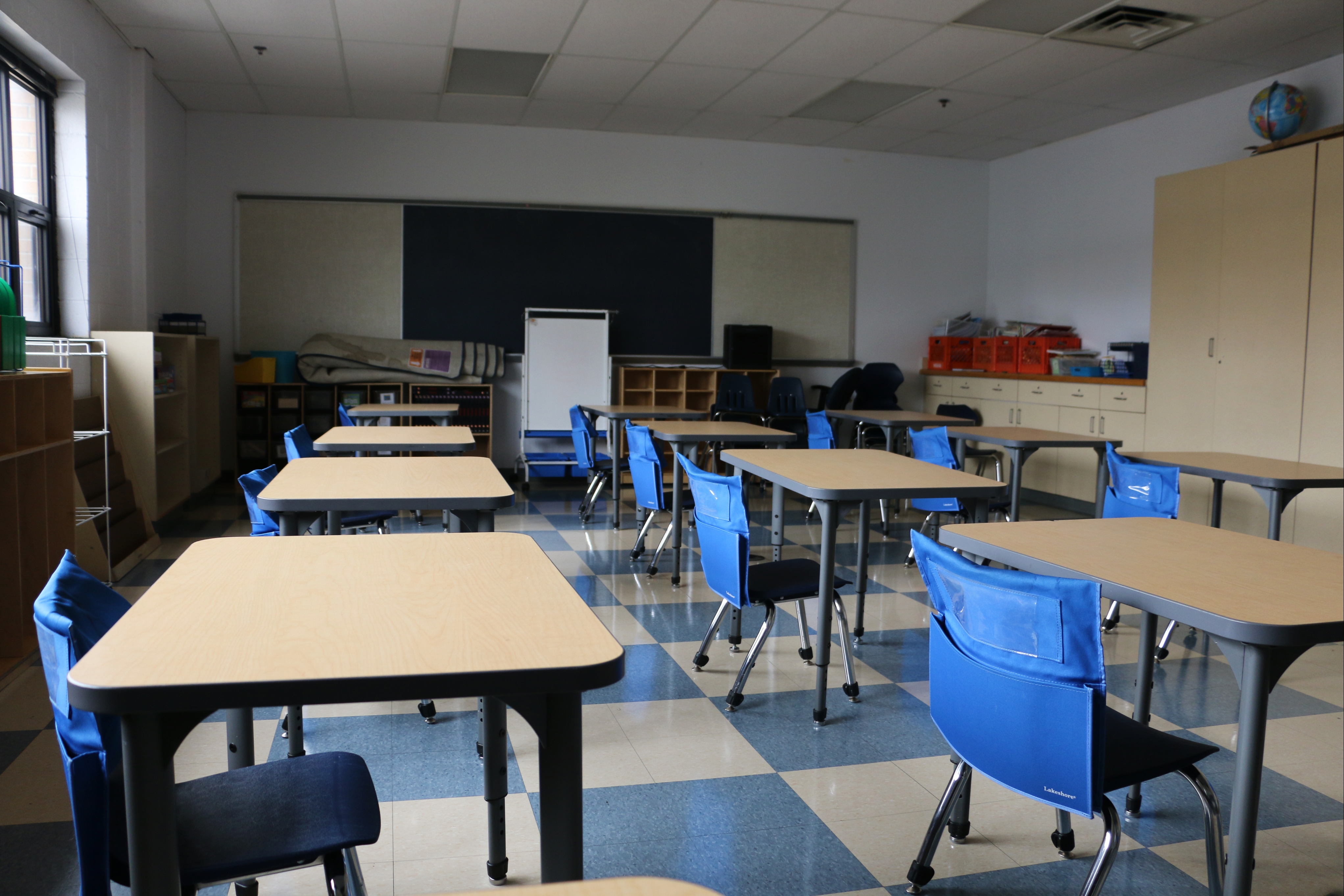Join Us: Events and Initiatives to Save Temecula Schools
Join Us: Events and Initiatives to Save Temecula Schools
Blog Article
Comprehending the Significance of Institutions in Kid Development and Area Growth
Institutions' interaction with local communities via service-learning initiatives strengthens the bond in between family members and educational institutions. This cooperative connection underscores the relevance of institutions in nurturing energetic citizenship and lifelong learning practices.
Academic Accomplishment
Academic success works as a keystone of child advancement, supplying the foundation whereupon future understanding and success are built. Institutions play an essential duty in promoting this scholastic growth, using organized settings where youngsters can obtain important knowledge and cognitive skills. Standard educational program ensure that students gain proficiency in core subjects such as maths, science, and language arts, which are vital for both greater education and specialist possibilities.
In addition to presenting essential academic skills, colleges additionally cultivate critical reasoning, problem-solving capacities, and intellectual inquisitiveness. These cognitive competencies are crucial for navigating complex real-world circumstances and adapting to the ever-evolving demands of the contemporary workplace. Teachers, as facilitators of knowing, utilize diverse instructional approaches to satisfy different discovering designs, thereby making best use of private pupil potential.
Additionally, academic success is closely connected to self-worth and motivation. Children who experience academic success are most likely to establish a positive self-concept and a long-lasting interest for learning. Institutions likewise provide different sources, such as libraries and innovation, which better improve the instructional experience and prepare pupils for a technologically advanced culture.
Social Ability Growth
Beyond academic accomplishment, the function of institutions in social ability growth is vital. Schools serve as a main location for kids to learn and practice essential social abilities such as collaboration, conflict, and communication resolution. In the organized environment of a class, trainees connect with peers, educators, and other school team, supplying countless chances to develop these important capabilities.
Efficient social skill advancement in institutions is facilitated through group tasks, joint jobs, and extracurricular programs. These communications assist pupils recognize social standards, construct empathy, and foster a sense of community. Team tasks show students just how to function with each other in the direction of an usual objective, listen to various perspectives, and navigate differences constructively.

The farming of social skills throughout college years lays a structure for future individual and specialist partnerships. Save Temecula Schools. As pupils grow, the ability to successfully communicate and team up ends up being increasingly crucial, emphasizing the college's vital role in holistic youngster growth
Direct Exposure to Diversity
Exposure to variety in schools is fundamental to promoting an inclusive frame of mind and broadening trainees' perspectives. Schools act as a microcosm of the more comprehensive culture, and encountering varied cultures, languages, and socioeconomic histories within this environment outfits trainees with crucial abilities for browsing a significantly globalized globe. This direct exposure encourages empathy, decreases bias, and advertises common respect amongst peers.
Research indicates that students who connect with peers from varied histories display much better analytic skills and creativity. This understanding of diversity prepares students for future workplaces that value multicultural skills - Save Temecula Schools.

Area Engagement
The advantages of diverse classrooms extend past the college walls, promoting a solid sense of neighborhood involvement amongst trainees. By communicating with peers from various cultural, socioeconomic, and ethnic backgrounds, students gain a wider viewpoint and a gratitude for variety. This direct exposure encourages them to end up being energetic people that want to contribute positively to their neighborhoods.
Schools that emphasize community engagement typically integrate service-learning tasks, which permit pupils to resolve real-world issues while applying academic skills. These projects not just enhance students' understanding of their coursework but additionally infuse a feeling of responsibility and compassion. Additionally, partnerships between colleges and regional organizations offer trainees with possibilities to join neighborhood events, additionally strengthening their function as proactive community participants.
In addition, adult and neighborhood involvement in institutions reinforces the bond between educational establishments and the neighborhoods they offer. Through these efforts, schools play a pivotal function in supporting area engagement and promoting social development.
Lifelong Learning Routines
Creating long-lasting learning routines is essential for a kid's constant development and flexibility in an ever-changing globe. Schools play an essential duty in instilling these behaviors by creating an environment that promotes interest, essential reasoning, and a love for knowledge. Through extracurricular tasks and diverse curricula, teachers motivate pupils to discover various subjects, assess details seriously, and use their learning to real-world situations.

Furthermore, colleges supply an organized environment where kids can create self-discipline and time management abilities, both of which are important for continual knowing. By stressing the importance of establishing goals, reviewing progression, and adapting techniques, universities prepare pupils to browse the useful content complexities of adult life, ensuring they stay lifelong students and contributors to society.
Final Thought
Finally, colleges are necessary in fostering kid advancement and area development by providing environments for academic achievement, social skill advancement, and direct exposure to variety. Via collective jobs and communications, colleges boost critical reasoning, empathy, and communication skills. Community engagement initiatives even more enhance the bond between universities and local communities. Ultimately, colleges grow long-lasting knowing behaviors, outfitting people with the essential expertise and abilities to add positively to culture.
In the structured atmosphere of a classroom, students engage with peers, teachers, and various other college team, using numerous possibilities to create these essential abilities.
In essence, direct exposure to diversity within institutions not only improves private students but likewise enhances the social material of the community as a whole.
The advantages of diverse class expand beyond the institution wall surfaces, fostering a solid sense of neighborhood involvement amongst trainees.Schools that highlight community involvement commonly integrate service-learning tasks, which allow students to resolve real-world problems while applying academic abilities. Collaborations in between institutions and local organizations offer trainees with possibilities to get involved in community events, further solidifying their function as positive try this out neighborhood participants.
Report this page